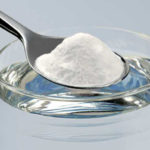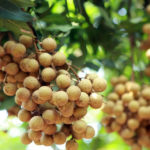Watercress is a peppery, leafy green often used to add a flavor boost to sandwiches, salads, or even blended into smoothie recipes. This vegetable is typically grown in or around water, and its consumption has been linked to a host of health benefits, including reduced cancer risk and support for bone health.
Consumed by humans for centuries, watercress is a naturally low-calorie and low-fat food. It is not only rich in micronutrients but also contains plant compounds associated with positive health outcomes.
Health Benefits of Watercress
Watercress May Reduce Cancer Risk
Watercress, known for its low-calorie content and robust flavor, contains an important compound called phenethyl isothiocyanate (PEITC). Numerous studies have indicated that PEITC can inhibit cancer progression and block the initial stages of tumor development.
Watercress is one of the best sources of PEITC, along with other vegetables like broccoli and radishes, which are also natural sources of this compound.
Additionally, watercress is rich in vitamin C, a micronutrient that plays a crucial role in cancer prevention.
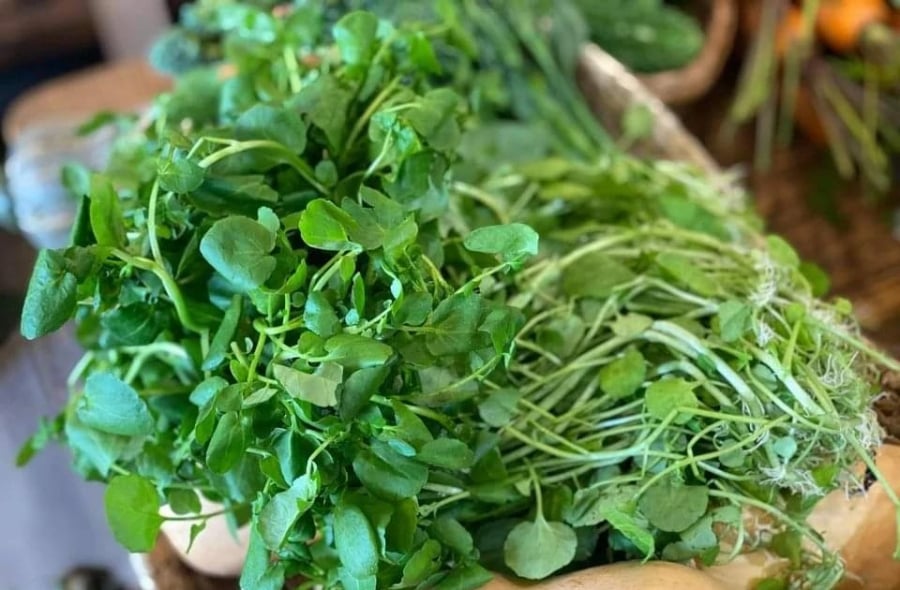
Watercress is rich in vitamin C, an essential micronutrient for cancer prevention.
Supports Eye Health
Our diet can profoundly impact eye health. Specifically, two carotenoids, lutein and zeaxanthin, play a vital role in protecting the eyes from age-related macular degeneration, a condition that causes loss of central vision.
Watercress is a natural source of both lutein and zeaxanthin, making it an ideal choice in a diet aimed at supporting visual health.
Boosts Immune Function
Watercress is a natural source of vitamin C, a nutrient renowned for its immune-supporting properties. Vitamin C deficiency can lead to immune system impairment and an increased risk of infections.
Additionally, watercress contains vitamin A, another critical nutrient for immune health. Research indicates that a lack of vitamin A can diminish the body’s natural immunity.
In general, green leafy vegetables contain nutrients that help support immune function, and increasing your consumption of these vegetables can contribute to enhanced immune health.
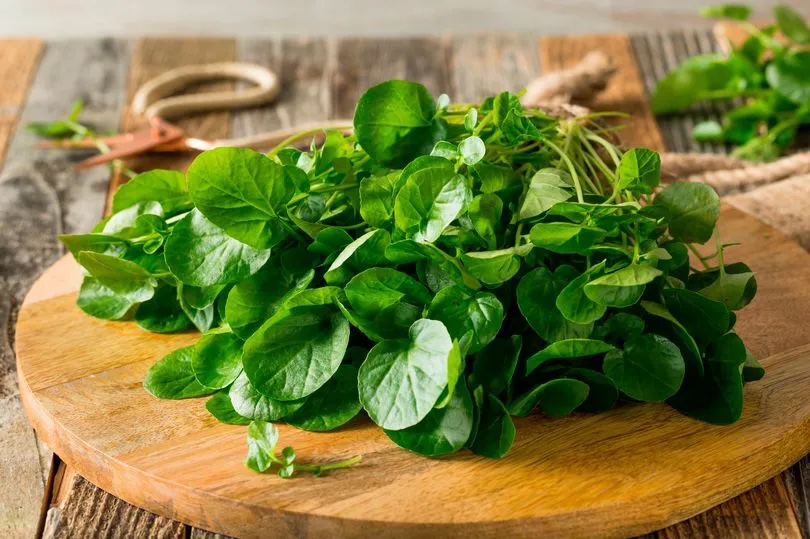
Watercress also contains vitamin A, another crucial nutrient for immune health.
Promotes Cardiovascular Health
The consumption of raw vegetables is strongly associated with a reduced risk of cardiovascular disease. Watercress, often eaten raw, is an excellent choice for increasing your daily vegetable intake.
Watercress is particularly beneficial for cardiovascular health due to its low sodium and saturated fat content, making it an excellent choice when focusing on heart health. Additionally, watercress contains quercetin, a compound with potent antioxidant and anti-inflammatory properties.
Quercetin supports cardiovascular health through benefits such as lowering blood pressure, reducing cholesterol levels, and improving endothelial function (the ability of blood vessels to dilate). These impacts make watercress a potential food in preventing and treating cardiovascular disease.
Furthermore, watercress contains essential nutrients like magnesium, calcium, and potassium – key components of the DASH diet (Dietary Approaches to Stop Hypertension). Adhering to the DASH diet has been proven to reduce risk factors associated with cardiovascular disease.
Strengthens Bone Health
Our bone health is influenced by various factors, including genetics, exercise habits, and smoking status. Additionally, diet plays a crucial role in maintaining strong bones by providing the necessary nutrients.
The essential nutrients for bone health include calcium, magnesium, vitamin C, and vitamin K. Watercress is a green vegetable that contains all of these nutrients, highlighting the value of incorporating watercress into your diet to meet the nutritional needs for healthy bones.
Some studies suggest that watercress may promote bone formation and maintenance, making it an excellent nutritional choice to support bone health.
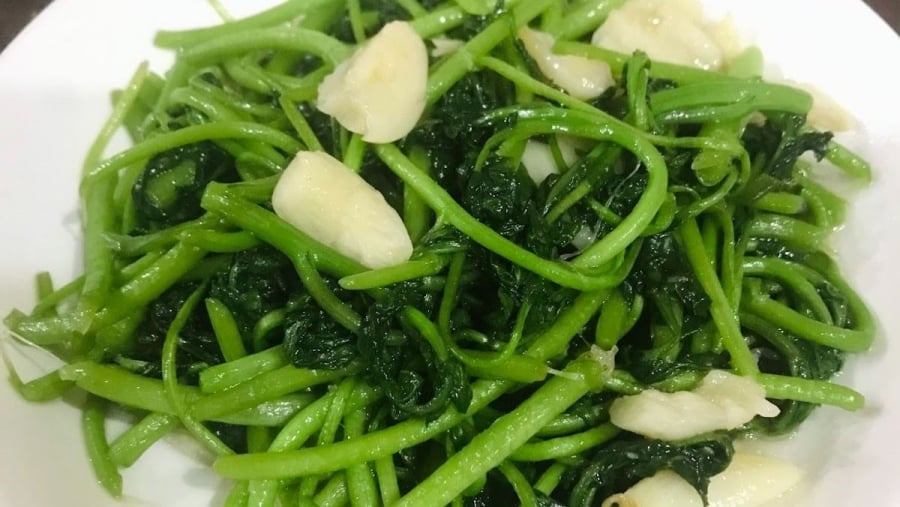
Studies indicate that watercress may promote bone formation and maintenance.
Precautions When Eating Watercress
While watercress is generally safe for most people, there are a few precautions to keep in mind:
– Blood Thinners: If you are taking blood-thinning medication, consuming vitamin K-rich foods like watercress may reduce the medication’s effectiveness.
– Allergies: Individuals allergic to watercress should avoid consuming it.
– Kidney Stones: Watercress contains oxalates, which are naturally eliminated through the kidneys. Sometimes, oxalates can crystallize and form kidney stones. If you are prone to kidney stones, watercress may not be the best choice for your diet.




























